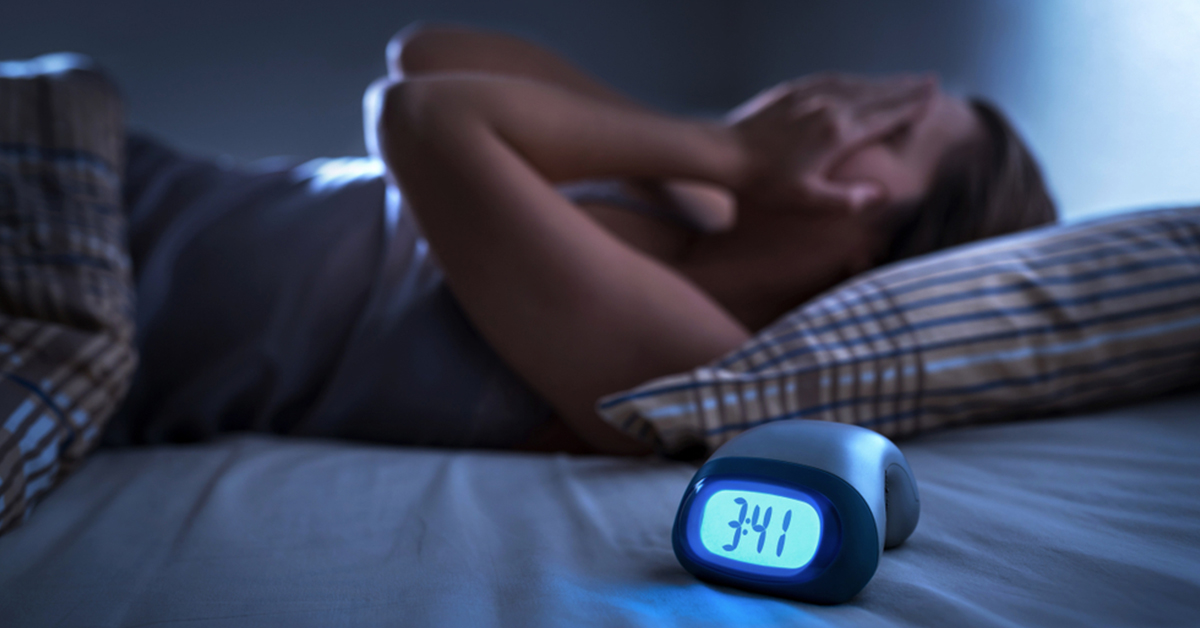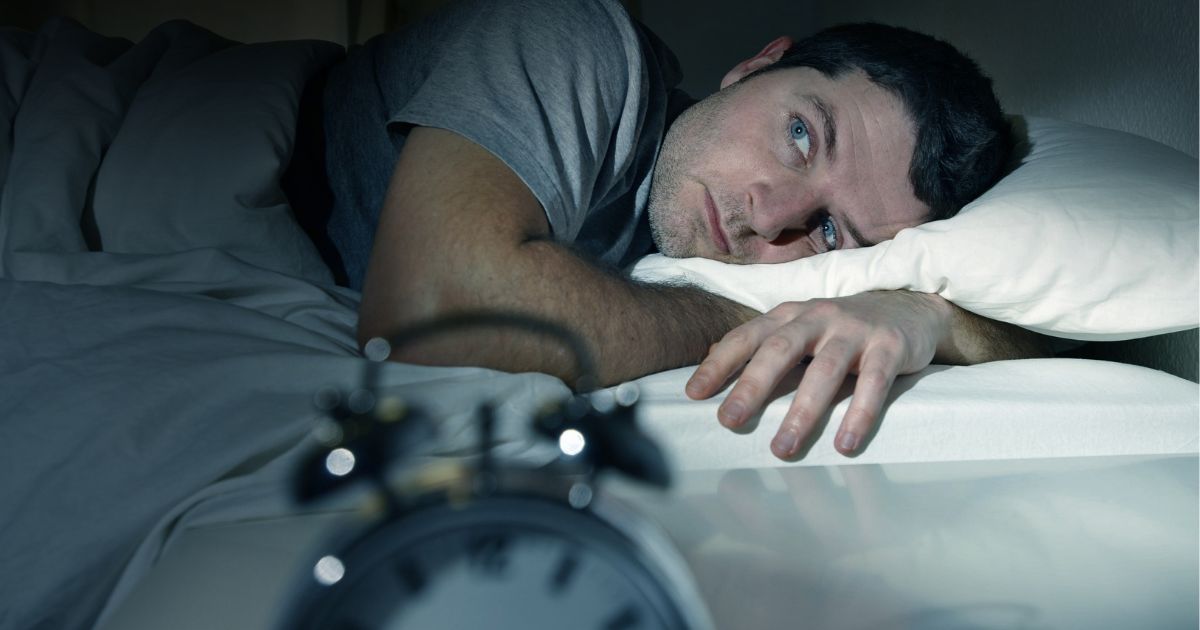Sleep is an important bodily process that allows your body to rest, recover, and get ready for what’s ahead. Lacking sleep can affect your performance, energy, and overall mood. It’s one thing to stay up all night to finish work, but it is a completely different problem when you cannot fall asleep. If this becomes a consistent problem, you may need to look into insomnia treatment.
What Is Insomnia?
Insomnia is listed as one of the most common sleep disorders by the American Psychiatric Association. It is classified as having a reduced ability to fall asleep. There are plenty of explanations and reasons as to why it might occur, which is why it is best to consult a sleep specialist. Here are some that you should know to prior to your first appointment:
3 Facts You May Not Know About Insomnia
1. Sleeping Pills Aren’t the Cure
Sleeping pills can help in the short term, but they are not a sustainable solution to insomnia. The American Addiction Center states that the side effects of sleeping pills are numerous. “They include memory problems, morning drowsiness, changes in appetite, headaches, heartburn, shaking, stomach upset, and changes in testosterone and the menstrual cycle. In some cases, sleeping pills have actually start to interfere with sleep. Second, sleeping pills can stop working as your body develops a tolerance for the medication. This means that you have to use more to get the same effect. Third, many people who try to stop using them have a “rebound effect.” This happens when you cut down or stop (which should always be done with the advice of your physician), and your insomnia comes back worse than ever” (Pat Ladouceur, PH.D.).
2. It Can Be a Sign of Depression
“Insomnia and depression often go hand-in-hand. Although just 15% of people with depression sleep too much, as many as 80% have trouble falling asleep or staying asleep. Patients with persistent insomnia are more than three times more likely to develop depression” (Nazario, MD, 2010).
When your mind is constantly under emotional stress, it can keep you up at night, affecting your mood, motivation and ability to do things. If you know you have depression or insomnia, talk to your psychiatrist and get an opinion from a good sleep clinic.
3. Looking for Answers Is Not the Answer—If You Do It Wrong
A common suggestion for insomniacs is to write down their dreams and feelings every night to “analyze the data” afterward, which can be the wrong way to go about it. Journaling your condition may cause you to overthink things and stress about it more than you should. If such solutions cause you to fixate on it, you may need to try other solutions.
Conclusion
Many of us have probably tried pulling all-nighters. But for some, “all-nighters” are not so much a work martyr’s choice as it is a curse. Understanding these facts can help you understand more about insomnia and give you an idea of how this disorder is often overcome. But as helpful as this information is, if you are looking for confirmation on whether or not you have insomnia, then it is recommended that you seek the help of professionals.
For proper insomnia treatment in Jacksonville, ask for help from the experts at Jacksonville Sleep Center. As an established and trustworthy sleep clinic in Florida, we can recommend various treatments that can help get your sleep back on track. Call us to request an appointment today!






